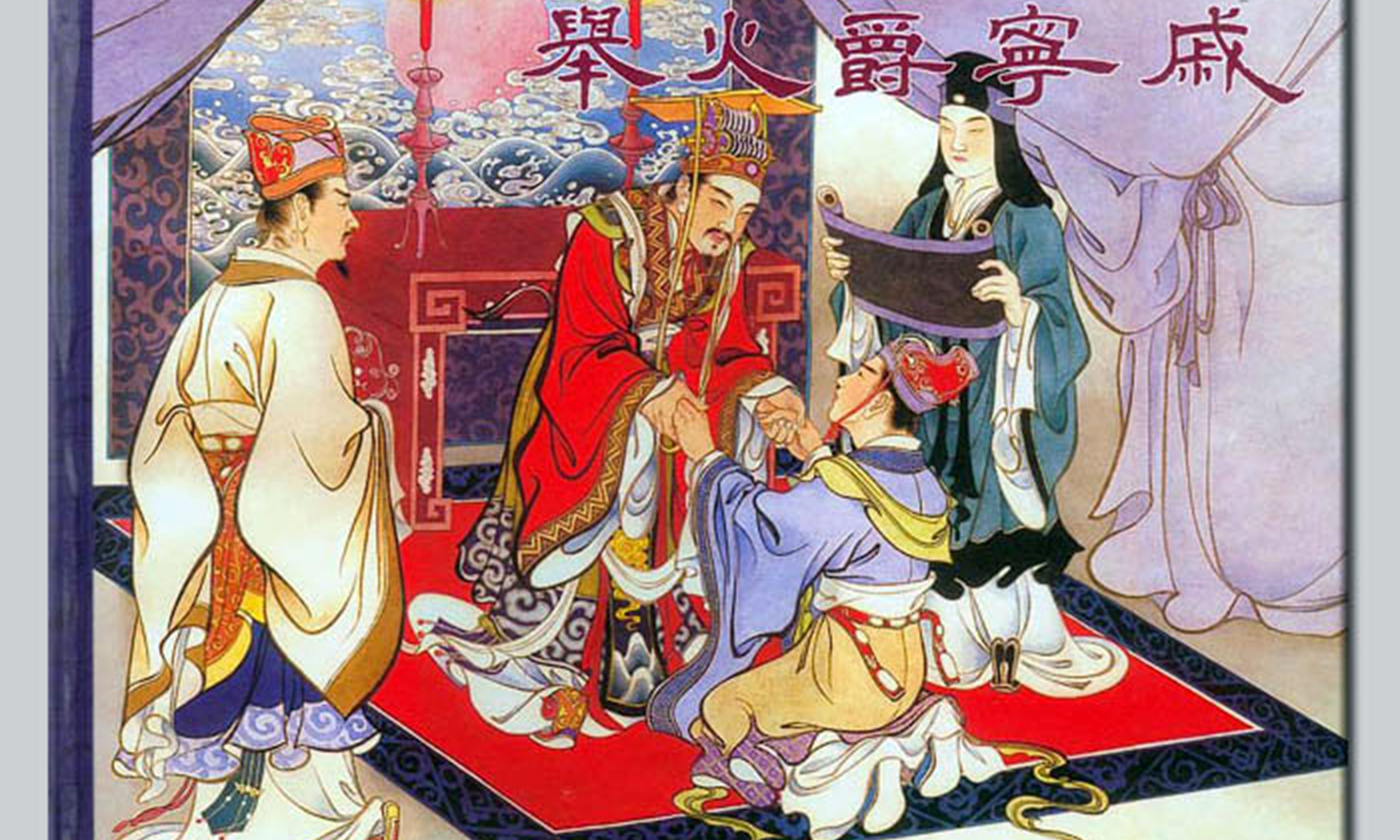
Dizi Gui (弟子规) : Characteristics of a Great Boss
Dizi Gui (弟子规) (Standards for Being a Good Student and Child) is an ancient Chinese text for children that teaches moral values and etiquette. It was written during the Qing Dynasty during the reign of Emperor Kangxi (康熙帝) (1661-1722) by Li Yuxiu. Beneath the conservative, “old-school” verbose of this ancient classic, one can still find
































